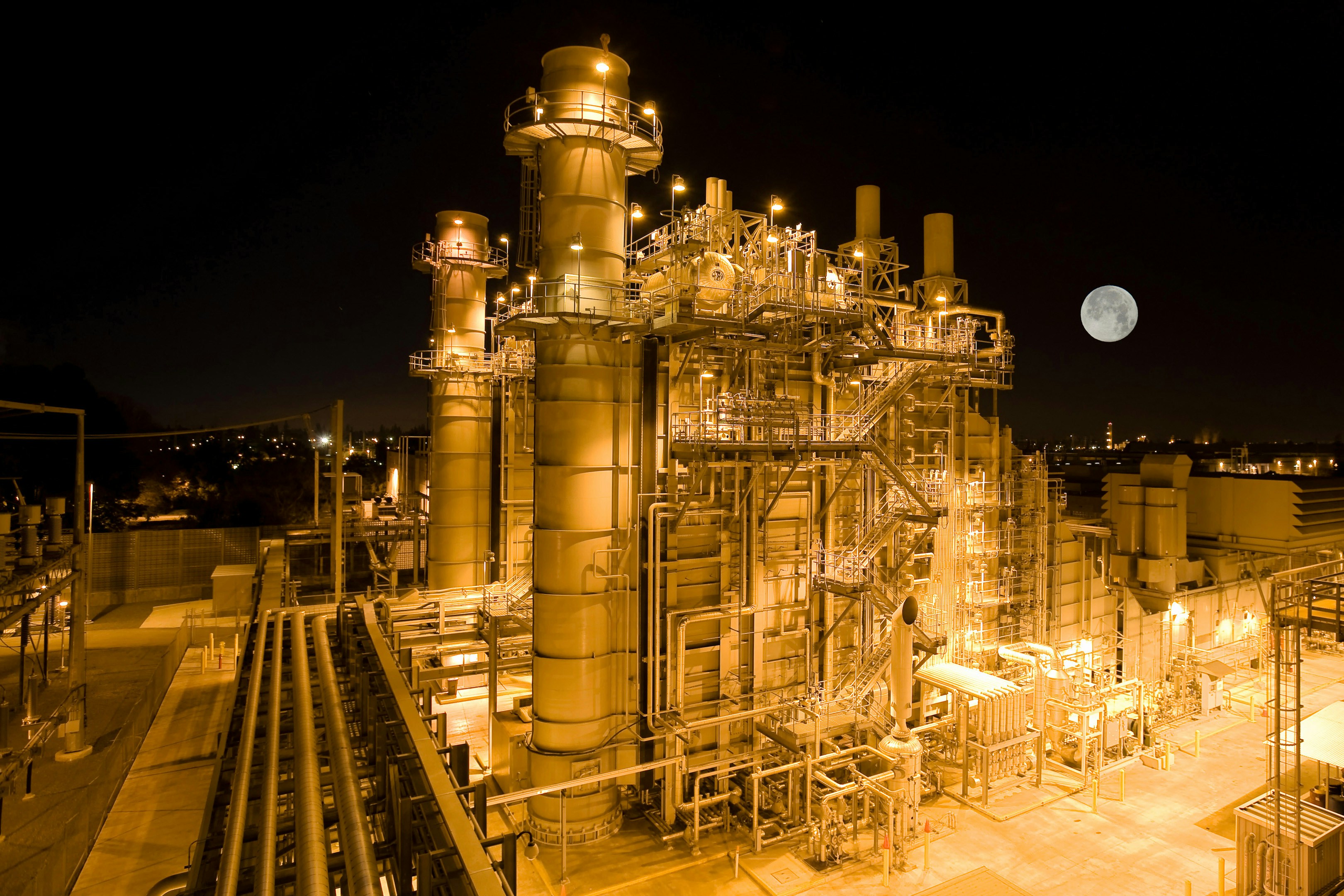In a recent article, BBC News reported that Prime Minister Rishi Sunak emphasised the need for new gas power stations to bolster the UK's energy supply. While this announcement may raise a few eyebrows about carbon emissions, it is important to recognise the positive impact these plants can have on utilities, particularly heat networks.
Read more to explore the reasons why the construction of new gas power plants is a positive development for utilities like heat networks.
Ensuring Energy Security
One of the key benefits of constructing new gas power plants is that they contribute to maintaining a stable and secure energy supply. With the retirement of aging power plants, such as those fuelled by coal, it is crucial to replace them with reliable and efficient alternatives. Gas power plants provide a dependable and flexible source of energy, ensuring a continuous supply that can meet the demands of consumers, particularly during peak periods and when the wind is not blowing, or the sun is not shining.
Supporting Heat Networks
Heat networks, also known as district heating systems or communal heating, play a significant role in improving energy efficiency and reducing carbon emissions. These systems distribute heat generated centrally to multiple buildings or residential areas, eliminating the need for individual gas boilers.
Whilst most heat networks are currently gas powered, they will be transitioning to heat pump which require a switch to electricity. So it is important that there is enough electricity generation to meet this expanding demand, especially at peak times
One burning question that we have is: Will the waste heat from these new gas power stations be used to heat our homes?
Traditionally waste heat from power stations has simply been wasted into the environment through cooling towers and cooling lagoons. It is time for this to change and we should be taking our lead from other countries such as Denmark and Sweden where waste heat from power stations is piped into cities for heating homes and offices using heat networks.
By aligning new gas power plants with heat networks, utilities can leverage the excess heat produced by these plants to generate electricity while simultaneously utilising the waste heat for heating purposes. This combined heat and power (CHP) approach maximises the overall efficiency of the system, reducing costs and environmental impact. The integration of gas power plants into heat networks ensures a reliable and sustainable heat supply, even during periods when renewable sources may face limitations.
Safeguarding Energy Affordability
Affordability is a crucial aspect of energy supply, and gas power plants can contribute to ensuring electricity remains accessible and reasonably priced. As the UK moves towards zero-carbon electricity, gas power plants offer a cost-effective solution, particularly when compared to other low-carbon alternatives. Balancing the use of renewables with the operation of efficient gas power plants can help control energy costs, benefiting both consumers and businesses alike.
Key takeaways:
- The Prime Minister's emphasis on the need for new gas power plants to bolster the energy supply highlights a positive step towards ensuring energy security and stability.
- While concerns about carbon emissions must be taken seriously, integrated strategies that leverage gas power plants in conjunction with renewable energy sources, such as heat networks, can result in significant efficiency gains and emissions reductions.
- By embracing a diverse energy mix that includes gas power plants, utilities can create a reliable and sustainable energy ecosystem that supports the evolving needs of society while contributing to the UK's goals for a greener future.



